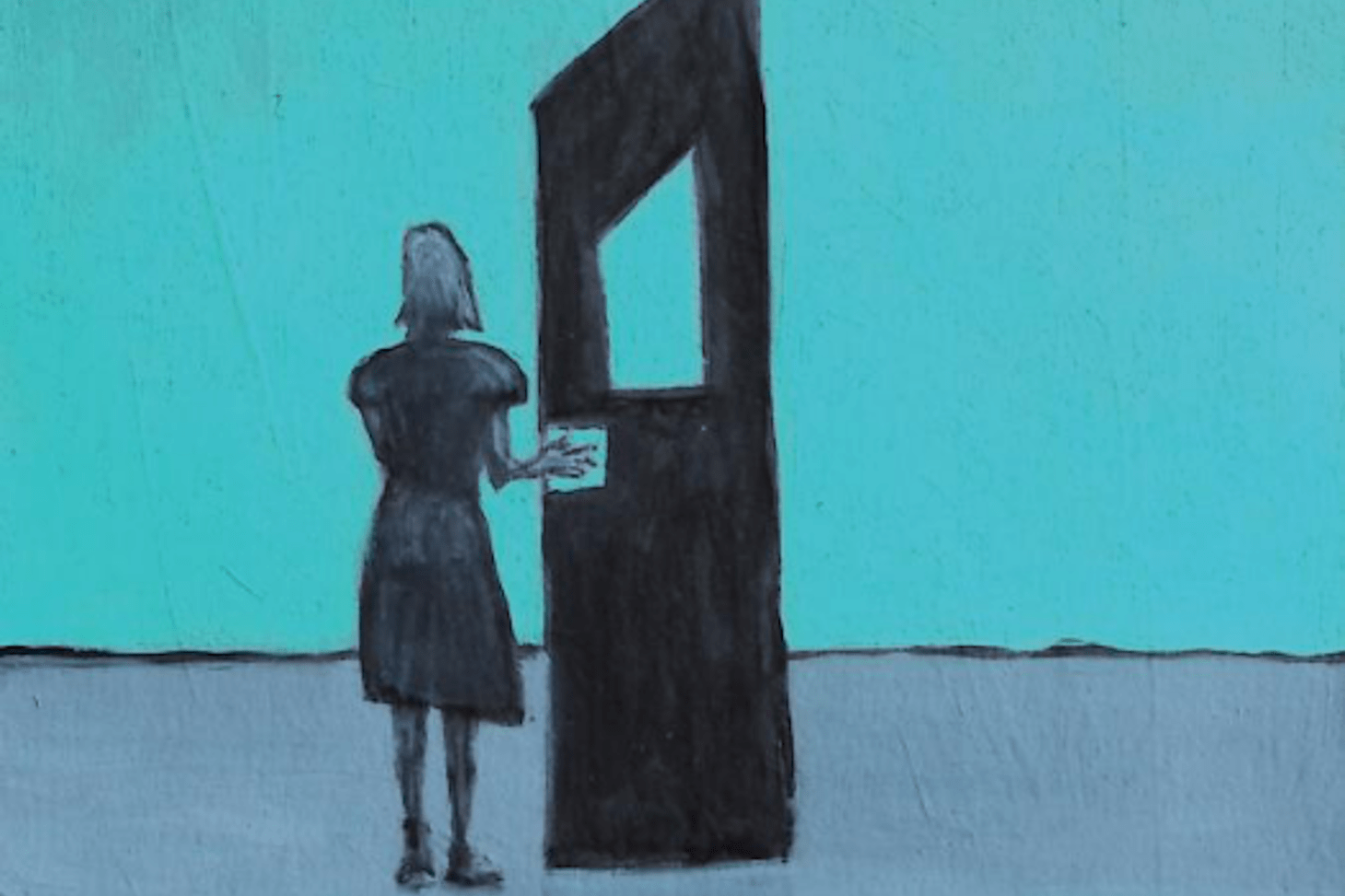- Imprimer
- Partager
- Partager sur Facebook
- Partager sur X
- Partager sur LinkedIn
Séminaire / Recherche
Le 3 décembre 2025
Saint-Martin-d'Hères - Domaine universitaire

Ce séminaire est le quatrième d'une série de séminaires de l'axe transversal « Création culturelle et territoire(s) » de l'ILCEA4 intitulée « Climate Fiction(s) » qui a pour but d'explorer différents types de fictions climatiques, à la fois dans la littérature et dans les arts visuels, d'un point de vue anglophone. Pour ce quatrième séminaire, James Dalrymple (UGA, ILCEA4) parlera de Klara and the Sun (2021) de Kazuo Ishiguro.
[annonce en anglais]
Seminar n°4: Do Artificial Friends dream of electric sheep? Kazuo Ishiguro’s Klara and the Sun
Speaker: James Dalrymple (UGA, ILCEA4)
Respondent: Marie Thévenon (UGA, ILCEA4)
In Kazuo Ishiguro’s most recent novel, the titular Klara is an “AF” (artificial friend), a solar-powered android purchased by well-off families to keep their children company. She is assigned to Josie, one of many young people who have been left battling illness after being “lifted”, a form of gene-editing that enhances their academic performance. Klara comes to believe that the Sun can save Josie, and makes quasi-religious appeals for it to use its beams to restore her to good health. In return, she promises to destroy the machine she believes is creating all the pollution on the planet, and thus blocking the sun’s rays from sending “his special nourishment” to the people. A work of dystopian fiction, Klara and the Sun asks us to consider what it means for an android to anthropomorphize nature. One of Ishiguro’s characteristically naïve narrators, Klara’s seemingly misguided belief in the “kindness” of the Sun nevertheless suggests a strong sense of empathy that belies her origins. In being drawn to nature and a duty to care, she ultimately reveals herself to be more human than the human characters themselves, for whom the line between the man-made and natural worlds is increasingly indistinct.
This paper will consider Ishiguro’s novel in relation to Philip K Dick’s classic work of science fiction Do Androids Dream of Electric Sheep? (1968), probably the most famous novel about humanoid robots, and to which – as will be explored – Klara and the Sun alludes both directly and indirectly. In different ways, the novels explore what it means to be human in a world in which technology, urbanisation, and environmental degradation obstruct our connection to the natural world. Furthermore, the paper will explore the questions of anthropomorphism through the novel’s references to Wilfred Owen’s poem Futility (1918), in which the Sun’s indifference to man is used to express an existential pessimism. Through this play of allusions, the paper will finally contemplate what warnings Klara & the Sun has for the future, and how it can be considered as much a novel about the climate as it is about artificial intelligence and robotics.
Biography
James Dalrymple teaches at Université Grenoble-Alpes where he is member of the Institut des langues et cultures d'Europe, Amérique, Afrique, Asie et Australie (ILCEA4), and where, in 2017, he defended his doctoral thesis, “Playing the Detective in the works of Kazuo Ishiguro and the British metafictional whodunit”. With research fields including contemporary British literature, vintage television and heritage cinema, he has a particular interest in adaptation, metafiction, and the detective story. His published work includes studies of novels by Ian McEwan, James Kelman and Julian Barnes, of the 2007 film adaptation of McEwan’s novel Atonement (2001), of Robert Altman’s film Gosford Park (2001), of the work of television dramatist Dennis Potter, and of the cult ‘60s television series The Prisoner. He also has written articles on Mike Leigh’s biographical film Mr Turner (2014) and the BBC’s A Ghost Story for Christmas, due for publication in late 2025 and 2026 respectively.
Respondent: Marie Thévenon
Marie Thévenon is an Assistant Professor in Anglophone studies at the Faculty of Economics of Grenoble Alpes University and is a member of the Institut des langues et cultures d'Europe, Amérique, Afrique, Asie et Australie (ILCEA4) research centre. Her research focuses on science fiction and speculative fiction, and more particularly environmental dystopia and climate fiction / “cli fi”. She is currently involved in two projects within the FORESEE programme, a French nationally funded research programme in the humanities and social sciences, accredited by France 2030, which focuses on studying the lived experiences of the consequences of climate change.
Date
à 14h00
Localisation
Saint-Martin-d'Hères - Domaine universitaire
Salle Jacques Cartier
Maison des langues et des cultures
Contact
Marie Thévenon
marie.thevenon [at] univ-grenoble-alpes.fr
à télécharger
- Imprimer
- Partager
- Partager sur Facebook
- Partager sur X
- Partager sur LinkedIn